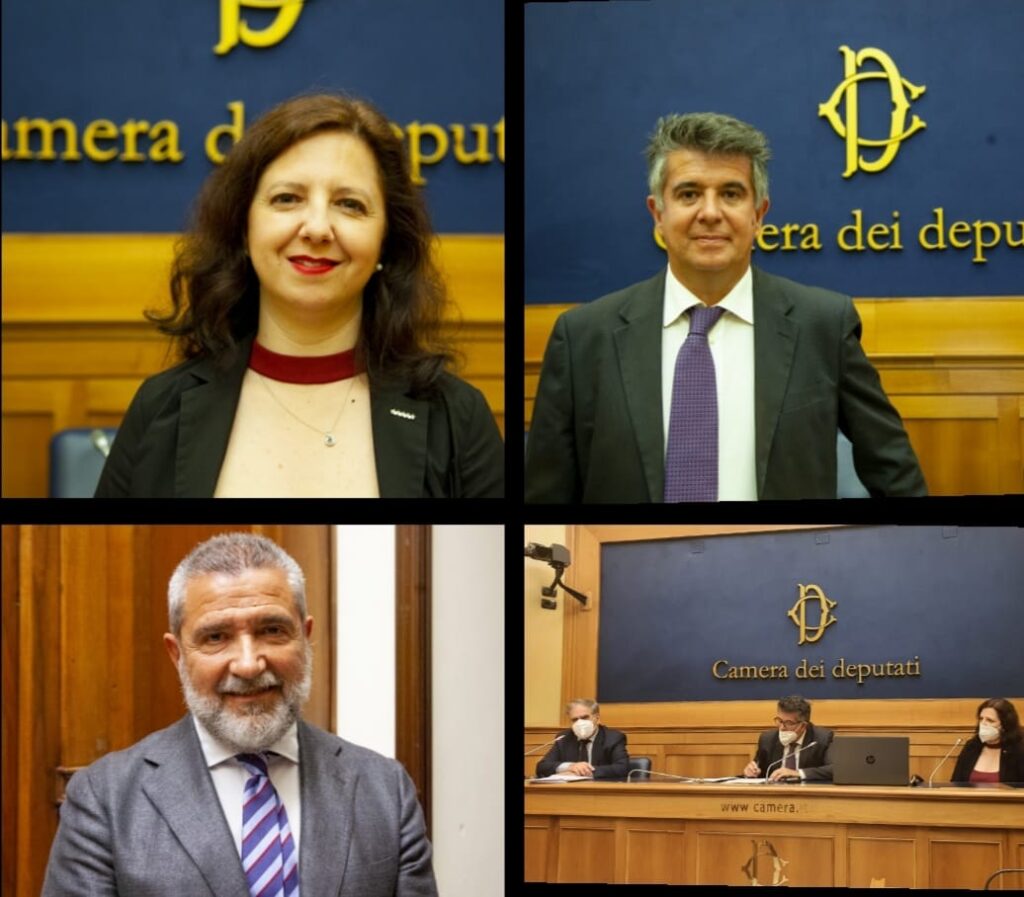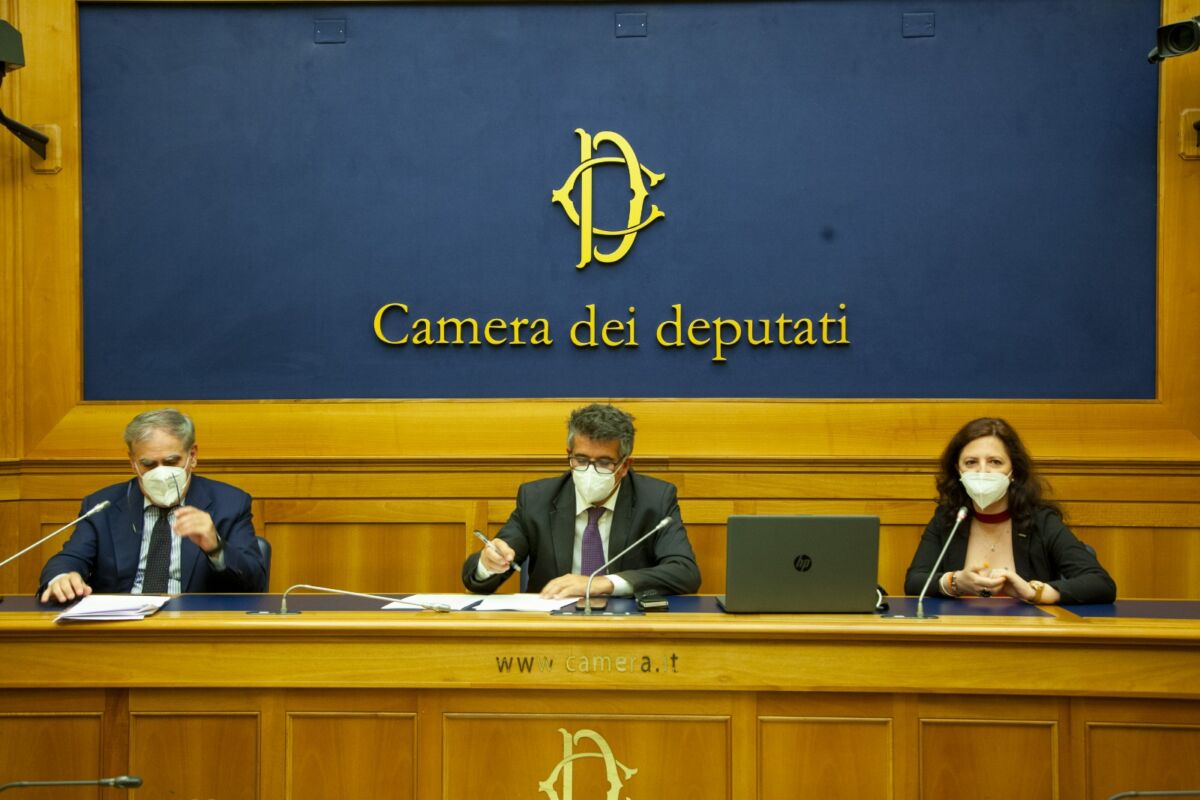Innovation in healthcare must be sustainable and accessible, to combine economy, equity and health. This is why the Parliamentary Intergroup for Sustainable Innovation in Healthcare was born. A cross-cutting initiative 
Promotore dell’intergruppo il Sen. Daniele Manca (Pd): “Dobbiamo garantire l’universalità d’accesso alle nuove terapie, garantendo la sostenibilità della finanza pubblica ed il pareggio di bilancio previsti in Costituzione. Le riforme servono per attrarre anche importanti investimenti nella ricerca e nella farmaceutica, indispensabili per favorire nuova occupazione. Il ‘brand’ salute rappresenta una straordinaria opportunità per sviluppare nel nostro Paese nuovi investimenti e promuovere una crescita economica sostenibile e qualificata”.
Senator Francesco Zaffini (FdI): "We need a change of cultural approach that leads us to consider healthcare no longer as a cost, but as an investment, in order to strengthen the use of technology to improve prevention, forecasting, early diagnosis and screening. We have 20 million suspended benefits, one Italian out of three expects a health benefit, only technology can save us. Health care – concludes Zaffini – has no colour”. (Taken from Aboutpharma – 16 giugno 2022)
Themes of politics, economics and finance are intertwined in the activity of the project: the aim is innovating health through a new governance that includes economic aspects, as well as the adaptation of regulations with a view to streamlining access to care. “The Intergroup – underline the promoters themselves – focuses on the development of sustainability, research and promotion of advanced therapies and digital medicine to make our country progress in terms of market competition and international competitiveness".
Lisa Noja, deputy of Italia viva, instead highlights that "the advanced therapies and the great innovations that are being implemented in the medical field confront politics with the need to adaptation of the financing system of the National Health Service“. More specifically, Noja detects how le advanced therapies propose a "one shot" approach that changes the history of the pathology and as such should be evaluated as "a long-term investment in patient health“. This, he adds, implies not only an intervention on the methods of reimbursement of therapies, but also a new way of approaching the evaluation approach to this type of treatment: "The patient's perspectives must be evaluated as a whole, which with advanced therapy can often remain active and productive, with a consequent reduction in healthcare costs”. In this direction, according to the deputy, "new skills are therefore needed for the regulatory authorities to carry out this type of long-term checks and thus create a system accessible to all patients". (Taken from NursindHealth June 16, 2022)
"There is a need for an important paradigm shift in evaluating certain types of health expenditure, especially linked to innovative treatments which must see the logic of expenditure overcome and be included in the state budget as health investments", he concluded Vanessa Cattoi (League). (Fortune Italy)
